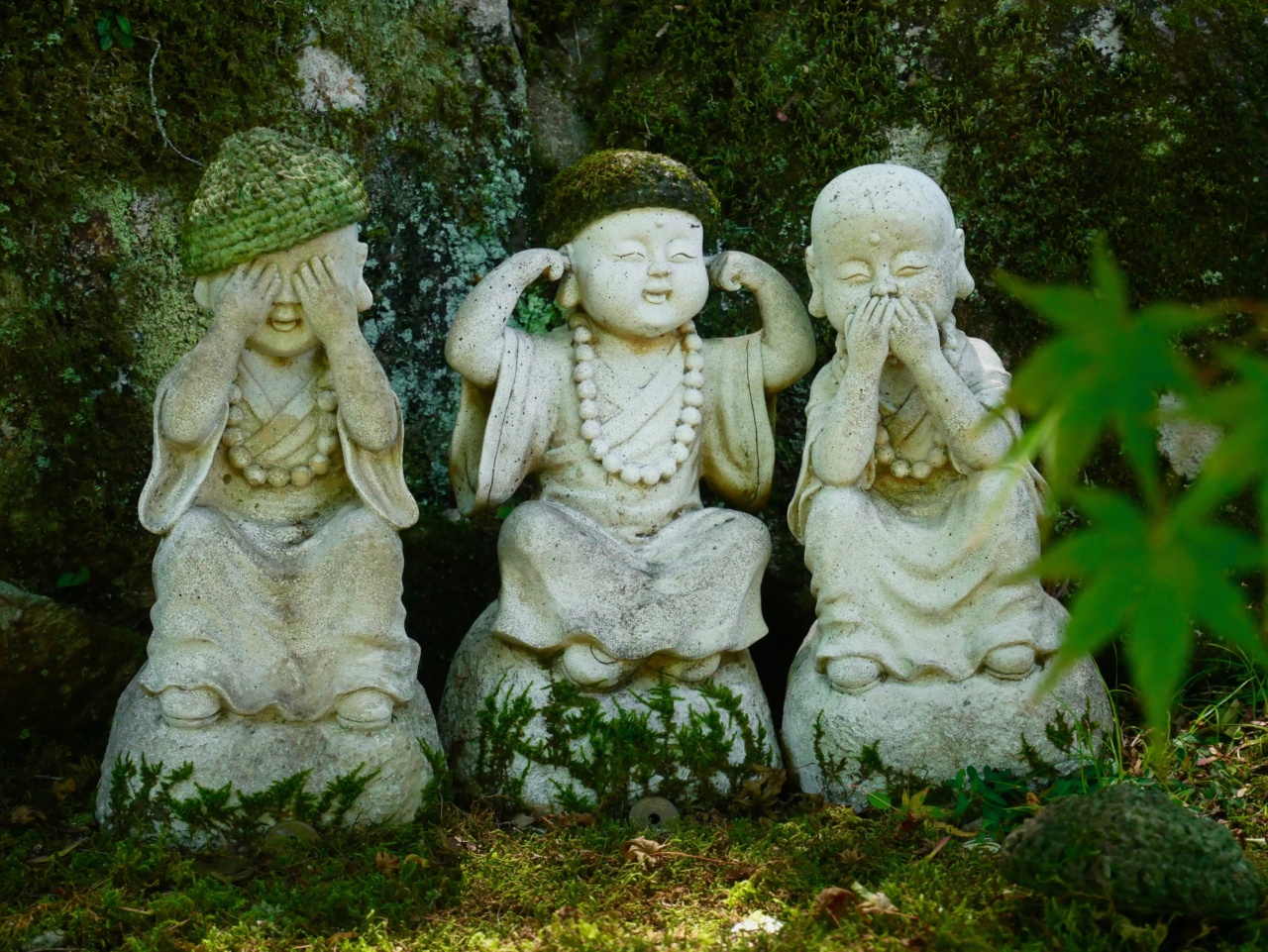Kidney stones are hard, crystalline structures that are formed in the kidneys. These stones are often made up of calcium oxalate and other substances in the body, which can cause pain, discomfort, and a variety of other symptoms.
If you suspect you have kidney stones, it is important to be aware of the signs and symptoms before seeking medical attention. Below are 10 signs and symptoms to look out for:.
1. Pain in the back, side or groin
The most common symptom of kidney stones is pain, which can range from a dull ache to sharp and intense pain. The pain is usually felt in the back, side or groin area and can last for minutes or hours.
The intensity and location of the pain can depend on the size and location of the stone.
2. Nausea and Vomiting
Kidney stones can cause nausea and vomiting due to the pain and discomfort that they cause. This symptom is usually present when the stone is blocking the urinary tract, causing pressure to build up in the kidney or ureter.
3. Painful urination
Kidney stones can cause pain during urination, which can be intense and sharp. This is due to the stone rubbing against the urethra and the bladder as it passes through the urinary tract. This symptom can be accompanied by a constant urge to urinate.
4. Blood in urine
Kidney stones can cause bleeding in the urinary tract, which can lead to blood in the urine. This symptom can be accompanied by pain or discomfort during urination and can be a sign that the stone has caused damage to the urinary tract.
5. Urinary tract infection (UTI)
Kidney stones can cause a urinary tract infection due to the blockage they create, which can lead to bacteria build-up in the urinary tract. This symptom is usually accompanied by fever, chills, and a strong urge to urinate.
6. Dizziness or lightheadedness
Kidney stones can cause dizziness or lightheadedness due to the amount of pain they cause. This symptom can also be caused by a drop in blood pressure due to the pain and discomfort associated with kidney stones.
7. Difficulty passing urine
In some cases, kidney stones can cause difficulty passing urine, which can lead to a weak or slow urine stream. This symptom is usually accompanied by pain or discomfort during urination and can be a sign that the stone is blocking the urinary tract.
8. Fever and chills
Kidney stones can cause fever and chills due to the infection that they can cause. This symptom is usually accompanied by nausea, vomiting, and a strong urge to urinate, and can be a sign that the stone has caused damage to the urinary tract.
9. Cloudy or foul-smelling urine
Kidney stones can cause the urine to become cloudy and foul-smelling due to the presence of bacteria and blood in the urine. This symptom can be a sign that the stone has caused damage to the urinary tract and has led to an infection.
10. Groin or testicular pain
Kidney stones can cause pain in the groin or testicular area, which can be a sign that the stone has moved into the lower urinary tract.
This symptom is usually accompanied by pain or discomfort during urination and can be a sign that the stone is blocking the urinary tract.






























